Low Birth Weight
Premature, small for gestational age and low birth weight babies are an important public health concerns, especially in developing countries.This section covers the importance of using different nutrition approaches when managing low birth weight. It also brings extensive information on the nutritional requirements and adequate interventions recommended to ensure the best possible outcomes.
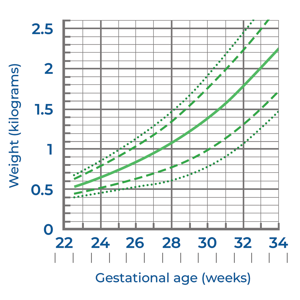
Post-Discharge Nutrition in Preterm Infants: Balancing Growth and Long-Term Health
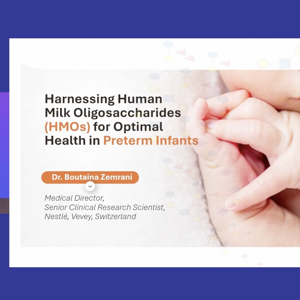
Harnessing HMOs for Optimal Health in Preterm Infants
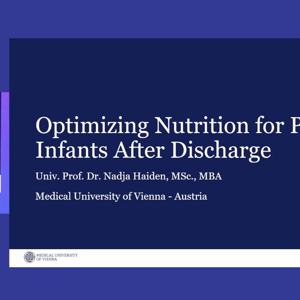
Optimizing Nutrition for Preterm Infants After Discharge

Annales 81.1 - Advancing neonatal nutrition: Paving the path from present to future
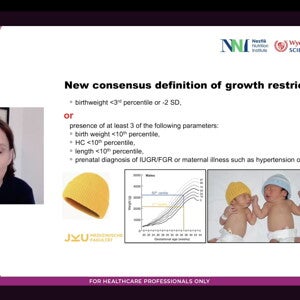
Feeding preterm infants after hospital discharge: a ESPGHAN position paper
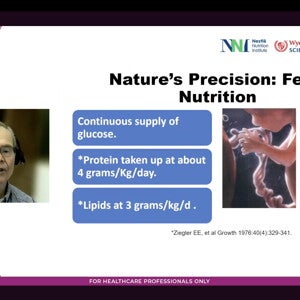
Nutrition for the sick preterm: can we make it more precise?

Diet-microbe-host interaction in preterm infant health

Small actions, big impact: Immediate skin-to-skin care for every baby everywhere
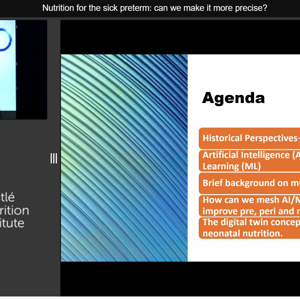
Nutrition for the sick preterm: can we make it more precise? Josef Neu
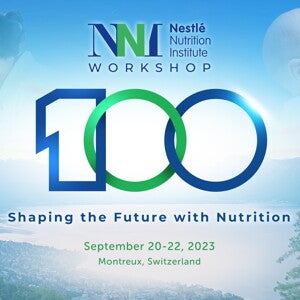
100th Nestlé Nutrition Institute Workshop - Shaping the Future with Nutrition
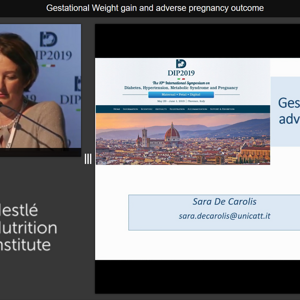
Gestational weight gain and adverse pregnancy outcome
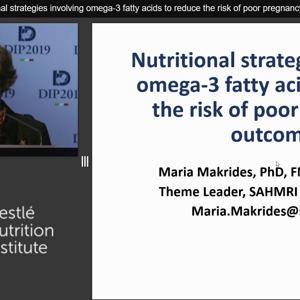
Nutritional strategies involving omega-3 fatty acids to reduce the risk of poor pregnancy outcomes
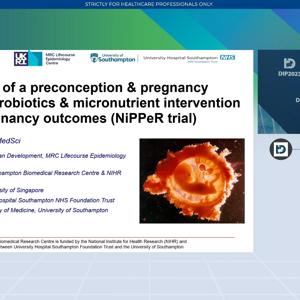
Influence of a Preconception and Pregnancy Myoinositol, Probiotics and Micronutrient Intervention on Pregnancy Outcomes (NiPPeR Trial)


